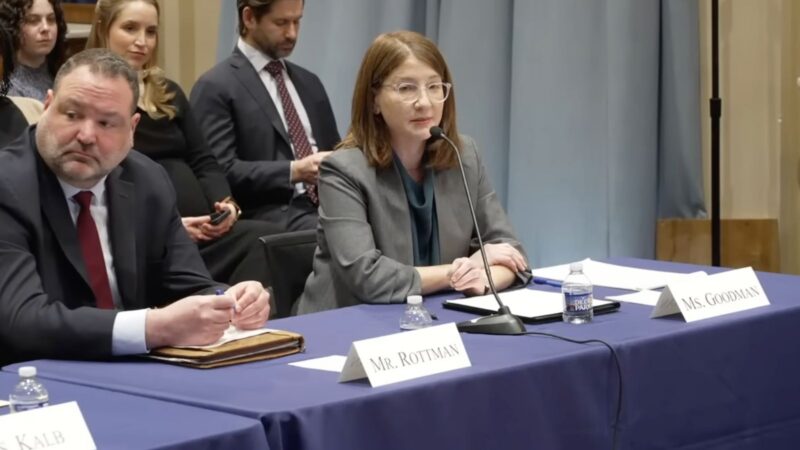Legal experts to states and vendors: Reject unlawful USDA data demands
- May 12, 2025
Litigators and legal experts from Protect Democracy, the Center for Democracy and Technology, and the Electronic Privacy Information Center, have sent a letter to three of the largest SNAP benefit vendors — Conduent, Fidelity Information Services (FIS), and Solutran — as well as notified multiple State Attorneys General, urging them to refuse unlawful federal demands for sensitive personal data of SNAP (food stamp) recipients.
Read the letter here. Read the letter here.
What’s happening
Following a March 2025 executive order by President Trump titled “Stopping Waste, Fraud, and Abuse,” the U.S. Department of Agriculture (USDA) has begun pressuring state-contracted vendors to hand over sweeping datasets of personally identifiable information about millions of Americans who rely on the Supplemental Nutrition Assistance Program (SNAP), an effort being led by the administration’s Department of Government Efficiency (DOGE) initiative.
The letter from Protect Democracy and partners warns that complying with these requests would not only violate federal and state privacy laws, but also open vendors and state governments to significant legal risks.
If any private company who processes and has access to states’ data complies with these kinds of federal demands… It would validate a tactic where government pressure on vendors effectively allows the federal government to bypass states and sidestep legal safeguards.
Nicole Schneidman, Technology Policy Strategist at Protect democracy
What’s at stake
At the heart of this controversy is the USDA’s sweeping demand that states and their private contractors turn over sensitive personal data from millions of SNAP recipients — including names, dates of birth, Social Security numbers, addresses, and in some cases, citizenship status. These requests go far beyond standard program oversight. They are unprecedented in scope and alarmingly vague in how the data will be used, raising serious concerns about potential misuse.
The federal government’s pressure campaign bypasses typical legal safeguards in the following ways:
- No public notice or comment process has occurred, as would normally be required under the Paperwork Reduction Act.
- No System of Records Notice (SORN) has been published under the Privacy Act, leaving agencies free to use and share data without public accountability.
- And by threatening to withhold federal funding from states that don’t comply, the federal government may be violating constitutional protections against coercive federalism.
States and vendors could face legal risks if they comply with these federal data demands to hand over sensitive personal identifiable information.
Related Content
Join Us.
Building a stronger, more resilient democracy is possible, but we can’t do it alone. Become part of the fight today.
Donate
Sign Up for Updates Sign Up for Updates
Explore Careers Explore Careers
How to Protect Democracy How to Protect Democracy

